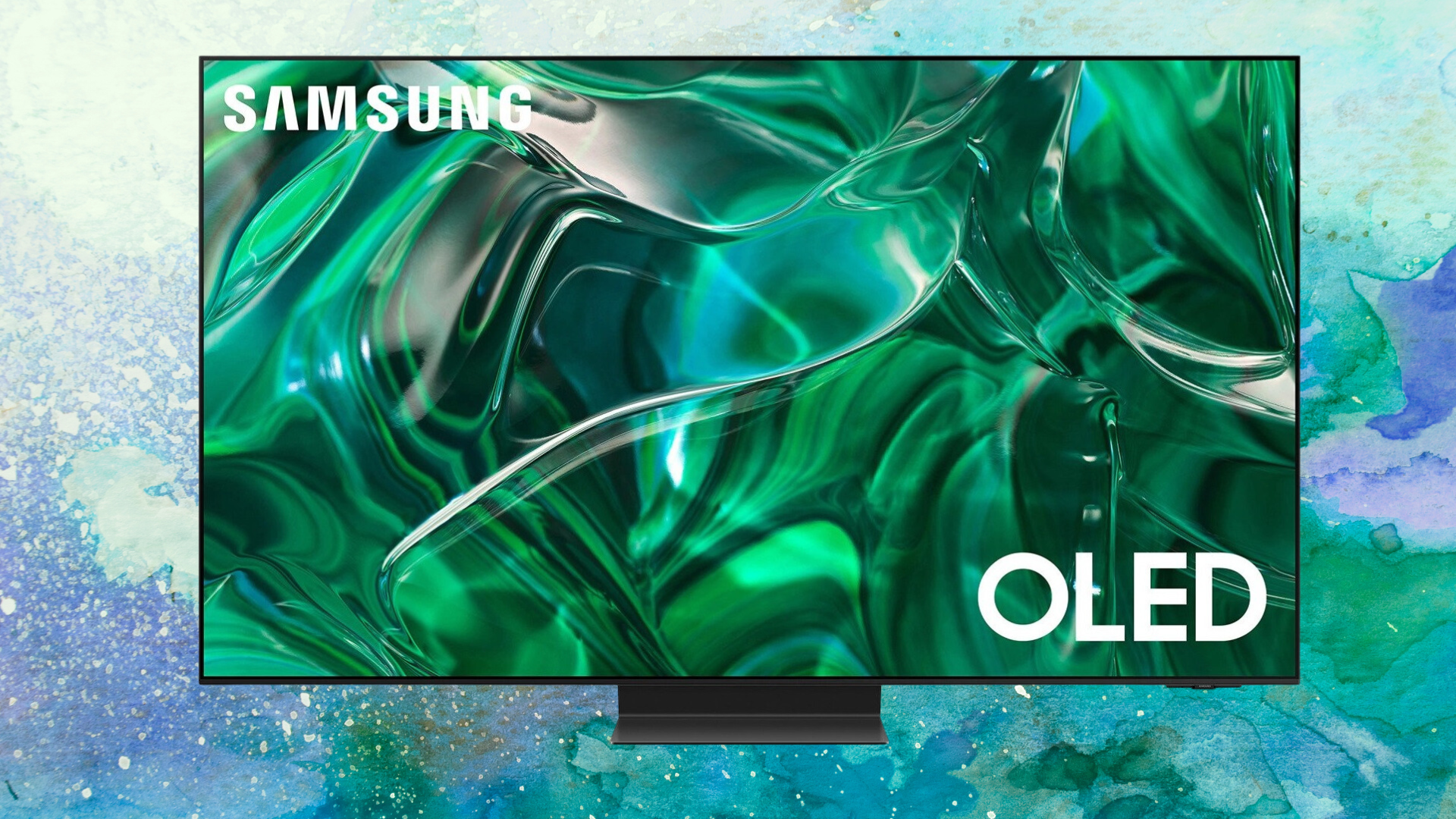Apple TV’s big Oscar win is a slap in the face for Netflix

OPINION: Apple’s CODA scooping the biggest award of the night is a sickener for Netflix. The company that pioneered direct-to-streaming has long sought that recognition for its cinematic exploits.
On a night of high drama at the Oscars, where the five fingers spoke loudly to the face, Netflix felt the full force, as The Power of the Dog and Adam McKay’s Don’t Look Up both lost out in the Best Picture category to Apple TV Plus‘ CODA, a powerful and representative story about the deaf community.
For all of the billions in ever-increasing subscription cash Netflix has invested into original movies and TV, it was a relatively low-budget independent film, backed by a new rival, which became the first streaming-centric movie to scoop the biggest prize in entertainment.
The profound and heart-warming story, plucked from the Sundance film festival for a mere $25m for Apple TV Plus, stole away the crowning moment for the streaming era.
Instead of Ted Sarandos and Reed Hastings celebrating, it’s Apple CEO Tim Cook adding the Best Picture Oscar to the gongs Apple won during TV awards season. It’s Cook’s company that conceivably gets to say, ‘we’re the ones telling the stories of the underrepresented. We’re the ones ensuring underrepresented actors have the biggest platform’.
Netflix’s longest yards
Swooping into an established category and cleaning up the critical acclaim is such an Apple move though, isn’t it? Less than three years after the company started along its original content journey, it’s already mastered it. Some of the company’s traditional tech rivals might be sharing Netflix’s pain today.
Netflix pioneered the direct-to-streaming approach for star-studded movies, taking endless flak from purists for supposedly undermining the integrity of cinema. For years, its movies were shunned by the Oscars completely, seen as less than.
Despite the sea change in viewing habits, three years ago, the Academy upheld the draconian Oscar eligibility rules stating “a film must have a minimum seven-day theatrical run in a Los Angeles County commercial theatre, with at least three screenings per day for paid admission.”
President John Bailey said at the time: “We support the theatrical experience as integral to the art of motion pictures.” But everyone knew it was a gatekeeping operation, to protect the under-threat movie theatre industry.
Covid-related theatre closures throughout 2020 saw 2021 eligibility restrictions waived. The ‘temporary’ rule was retained for last night’s awards. Even though CODA and The Power of The Dog, had limited theatrical releases, there’s probably no going back now. This medium can’t be ignored if the Oscars themselves are to retain credibility.
Netflix put in those hard yards in the battle for acceptance, ensuring movies produced by streaming companies deserved the same respect as the traditional theatrical releases. Long before Apple swooped in and took ‘the statue’, Netflix was convincing audiences, critics and an entire industry that streaming movies on your best TV set is an experience to be respected.
Now, after seven Best Picture nominations since 2018, Netflix has missed out on streaming’s most elusive prize. It’s all getting a bit Glenn Close isn’t it?
Did Apple get a bit lucky?
However, it must also be said that Sunday night’s result is somewhat indicative of the two company’s approaches. There isn’t a huge amount of new content appearing on Apple TV Plus every month, but you could argue there’s more of a focus on quality compared with Netflix’s scattergun approach. Netflix plans to release more than 70 films alone during 2022. It’s an astonishing output that many, myself included, believe prioritises quantity.
The Best Picture nominations dealt out to Roma (2018), The Irishman (2019), Marriage Story (2019), Mank (2020), The Trial of the Chicago 7 (2020), Don’t Look Up (2021) and The Power of the Dog (2021) prove Netflix is more than worthy. They would be the envy of any conventional studio in Hollywood. However, winning the big one is proving elusive.
Apple’s win also has an element of fortune. The company came out of the gate swinging, securing the biggest names in Hollywood to front its initial forays into feature films. Vehicles for traditional Oscar fodder like Tom Hanks, Denzel Washington, Frances McDormand, and Anne Hathaway haven’t all been universally well-received.
Ironically, the relative pittance it spent to secure distribution rights to CODA is likely to be the best money Apple has spent since buying NeXT in 1997 and bringing Steve Jobs back into the fold.
It legitimises the iPhone-maker as a true force to be reckoned with in this era of unprecedented change in the way we consume cinema. Indeed, as a result of this success, millions more people will be consuming cinema via Apple TV Plus.





